First place for the Italian team led by Pisa at the European Cybersecurity Challenge 2025
The Italian team, led by our master’s student Lorenzo Leonardini, won first place at the European Cybersecurity Challenge (ECSC 2025),…
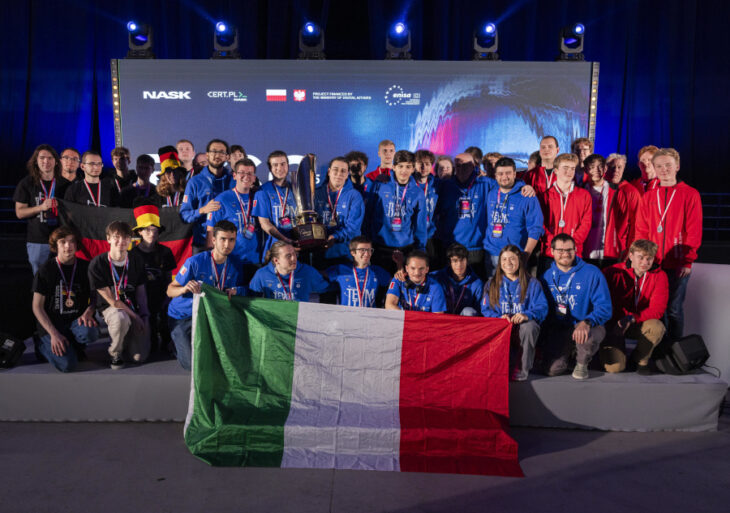
The Italian team, led by our master’s student Lorenzo Leonardini, won first place at the European Cybersecurity Challenge (ECSC 2025), held in Warsaw, Poland, from 6 to 9 October. Denmark came second and Germany third.
The ECSC offered two intense days of competition with numerous Capture the Flag challenges: the first day in Jeopardy format, the second in attack/defence mode. The topics ranged from hardware to web and mobile security, from cryptography to reverse engineering, from binary exploitation to forensics. In addition to technical skills, collaboration, quick decision-making and the ability to adapt to a dynamic environment were essential.
The competition, Europe’s leading ethical hacking competition, organised by ENISA, the European Union Agency for Cybersecurity, aims to discover and promote the best young cybersecurity talent in Europe, creating opportunities for them to meet with universities, companies and institutions in the sector.
A short interview with Leonardo is also available on the University website, in the dedicated news section.
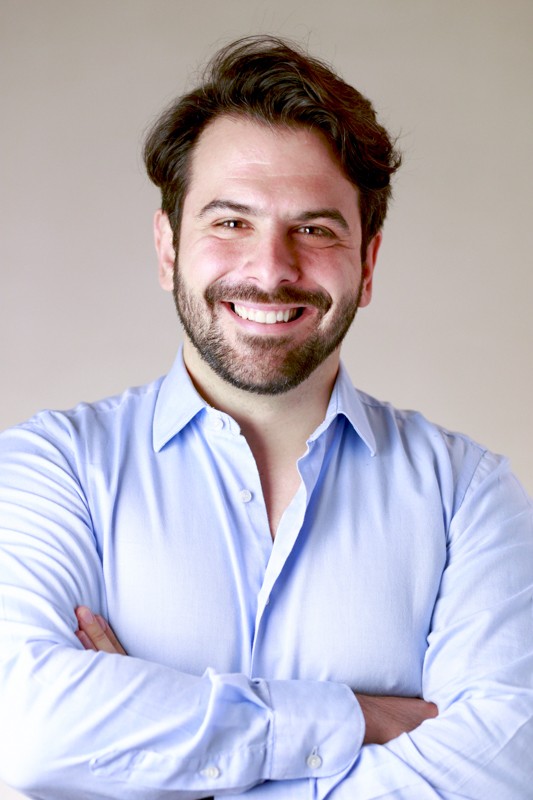 Stefano Forti, a researcher in the Department, took the podium at the Logic Programming / Constraint Programming Contest (LP/CP 2025) with the team ‘Nduja Tapas w/ glass of Chianti’. The team, which also included Antonio Ielo (University of Calabria) and Brais Muñiz Castro (University of Coruña, Spain), took second place out of nine participating teams.
Stefano Forti, a researcher in the Department, took the podium at the Logic Programming / Constraint Programming Contest (LP/CP 2025) with the team ‘Nduja Tapas w/ glass of Chianti’. The team, which also included Antonio Ielo (University of Calabria) and Brais Muñiz Castro (University of Coruña, Spain), took second place out of nine participating teams.
The competition took place on 17 September 2025 at the University of Calabria, as part of the ICLP 2025 international conference, the main event for the logic programming community. The LP/CP Programming Contest tests participants’ ability to tackle combinatorial problems using declarative programming and constraint programming paradigms, through languages like Prolog.
Forti, together with Antonio Ielo and Damiano Azzolini (University of Ferrara), had already won first place in the 2023 edition of the contest, held in London, demonstrating the continuity and value of Pisa’s research in the international landscape of logic programming and declarative AI.
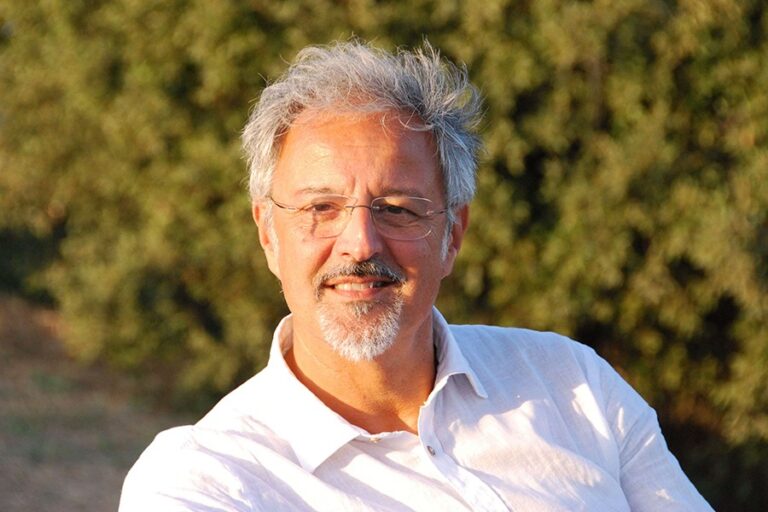 Dino Pedreschi, our professor and pioneer of data science in Europe, is one of the signatories promoting Red Lines on AI, the appeal presented to the UN calling for a binding international agreement on limits to the use of artificial intelligence.
Dino Pedreschi, our professor and pioneer of data science in Europe, is one of the signatories promoting Red Lines on AI, the appeal presented to the UN calling for a binding international agreement on limits to the use of artificial intelligence.
Launched on 22 September at the United Nations General Assembly, the initiative has already gathered over 300 signatures worldwide, including ten Nobel Prize winners, four Turing Award winners and numerous experts from Google DeepMind, OpenAI and Anthropic. Italy is represented by a small group of scholars, Giorgio Parisi, Enrico Letta, Maria Chiara Carrozza, Fosca Giannotti and Dino Pedreschi, confirming the important role of the Pisa scientific community in the international debate on AI.
Red Lines on AI is promoted by the Centre pour la Sécurité de l’IA (CeSIA), The Future Society and the Center for Human-Compatible Artificial Intelligence (CHAI) at UC Berkeley, with the support of over ninety partner organisations.
More information and a list of signatories can be found at
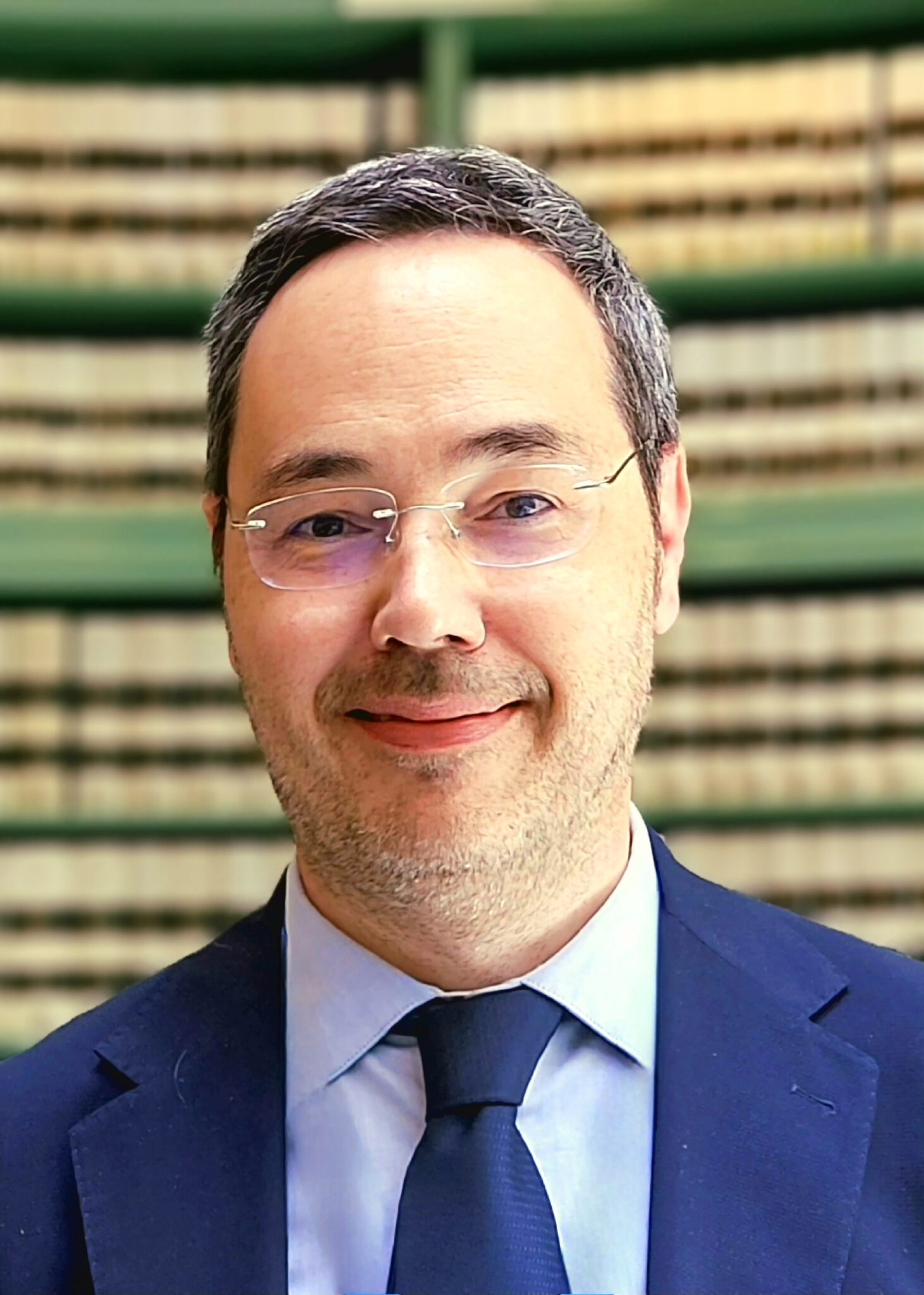 During the ICANN 2025 conference, held in Kaunas (Lithuania), Alessio Micheli was elected President of the European Neural Network Society (ENNS), established in 1988. He will officially take office on 1 January 2026.
During the ICANN 2025 conference, held in Kaunas (Lithuania), Alessio Micheli was elected President of the European Neural Network Society (ENNS), established in 1988. He will officially take office on 1 January 2026.
He is the first Italian researcher to be appointed to this prestigious role, confirming the international recognition of his scientific work and the excellence of Italian research in the field of neural networks.
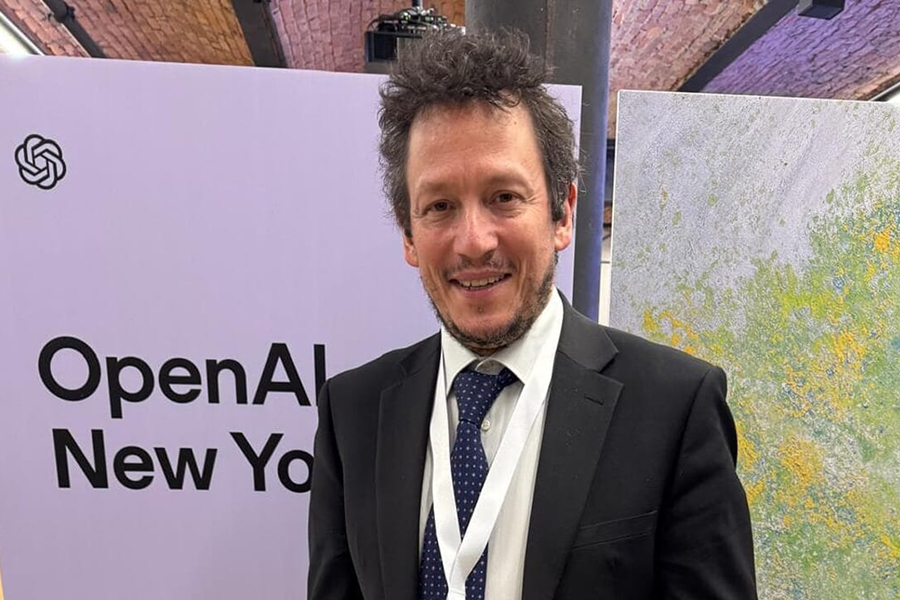
Antonio Cisternino, our professor and president of the Information System at the University of Pisa, is the only Italian among the 300 professors chosen by OpenAI Academy, a free educational platform launched by OpenAI to facilitate the adoption of artificial intelligence in various sectors.
OpenAI has just published a video in which Cisternino talks about how he successfully used ChatGPT in the ICT Infrastructure course of the Master’s Degree in Computer Science.
The excellent feedback prompted the lecturer, together with Professor Andrea Corradini, to take an innovative approach to designing the new edition of the Advanced Programming course, also for the Master’s Degree in Computer Science, focusing on Artificial Intelligence.
The video presents the fundamental ideas behind this new teaching approach, which is not limited to introducing a new tool, but demonstrates the desire and ability to test the technologies that are changing the world.
Technological innovations are often met with scepticism. In this case, a constructive and informed approach was preferred, which is particularly important in programming, where AI is set to profoundly transform the future landscape.
The Italian team, led by our master’s student Lorenzo Leonardini, won first place at the European Cybersecurity Challenge (ECSC 2025),… Dino Pedreschi, our professor and pioneer of data science in Europe, is one of the signatories promoting Red Lines on… Stefano Forti, a researcher in the Department, took the podium at the Logic Programming / Constraint Programming Contest (LP/CP 2025)… During the ICANN 2025 conference, held in Kaunas (Lithuania), Alessio Micheli was elected President of the European Neural Network Society… On Friday 26th, and in the days leading up to it, Bright – La Notte delle Ricercatrici e dei Ricercatori… Lorenzo Leonardini, a master’s student in our Department, will be the captain of Team Italy at the European Cybersecurity Challenge… Antonio Cisternino, our professor and president of the Information System at the University of Pisa, is the only Italian among…First place for the Italian team led by Pisa at the European Cybersecurity Challenge 2025
United Nations, global appeal for limits on AI: Dino Pedreschi among the promoters
Another podium finish for UniPI at the international Logic Programming contest
Alessio Micheli, new president of the European Neural Network Society
Computer Science Department: Bright Night
Lorenzo Leonardini, a master’s student in our Department, will be the captain of Team Italy at the European Cybersecurity Challenge
Looking for a smart way to use Artificial Intelligence in teaching